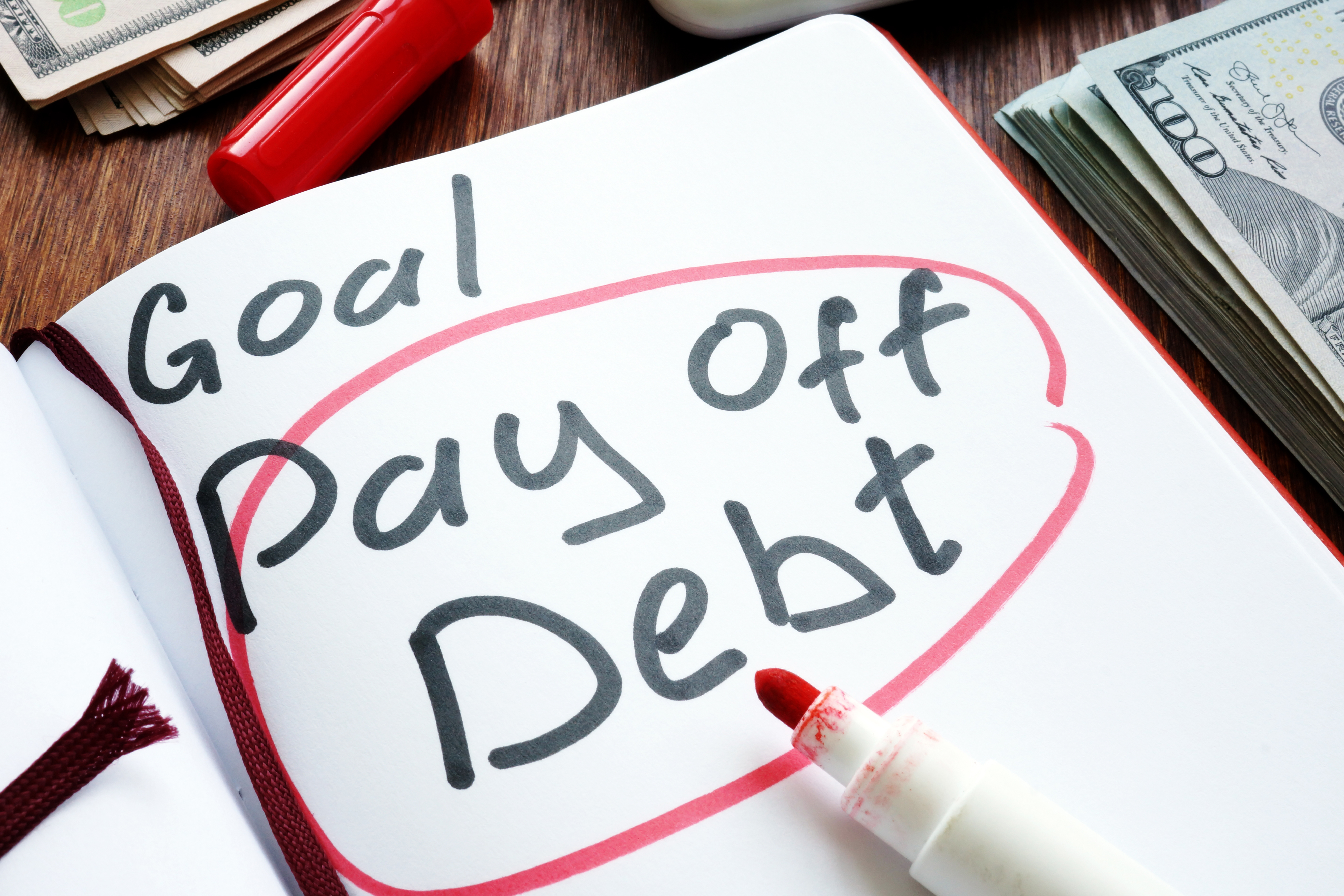Credit cards can be a helpful tool for building credit and making purchases. But what happens if you lose your job, have unexpected bills, or spend more than you can afford? Credit card debt can build up fast. This can be very stressful. That’s why it’s so important to learn how to pay down credit card debt. The good news is there are ways to take control of your debt and pay it off.
Top Ways to Manage Credit Card Debt
If you have credit card debt, you’re not alone. Many people do. Luckily, there are ways to pay it off.
Pick a Debt Payoff Plan
First, make a plan you can follow. Two popular ways are the Snowball and Avalanche methods.
With the Snowball Method, you pay off the smallest card balances first. You make small payments on the others. Once the smallest is paid, you move to the next smallest. This shows fast progress and keeps you going. But you might pay more interest in the long run.
The Avalanche Method is different. Here, you pay off the cards with the highest interest rates first. You make small payments on the rest. Once the highest rate card is paid, you go to the next highest. This takes more effort, but it can save you the most money on interest.
Ask for a Lower Rate
You can call your credit card company and ask if they’ll lower your interest rate. This works best if you pay on time. Be polite but clear. A lower rate means more of your payment goes to your balance, not interest. This helps you pay off debt faster.
Move Balances to a Low-Rate Card
You can also move your debt to a card with a lower rate. This can save you a lot on interest. But read the fine print. Watch out for transfer fees and deals that expire. If you can’t pay off the balance before the deal ends, you could owe even more.
Try to Settle Your Debt for Less
Sometimes, you can ask your lenders to accept less than you owe. This is called a settlement. You can try this yourself. Or, you can work with a debt settlement company to get the best deal. But know that this can hurt your credit.
Get Expert Debt Help
Since 2009, National Debt Relief has helped over 450,000 people fix their debt. This usually takes just two to four years. Our experts will talk to your lenders for you. We’ll try to get you the lowest payments possible. We’ll also give you tips to manage your money better. Working with experts can help you have a better financial future.
The Bottom Line
Learning how to pay down credit card debt takes time and dedication, but it isn’t impossible. If you make a good plan, you can get your debt under control. Stay focused. Keep paying it down. Ask for help if you need it. If you stick to it and do the right things, you can get rid of your debt and have a better financial future.
Frequently Asked Questions
It can be scary when you can’t make your payments. Don’t panic. There are things you can do. You can try to make a plan to pay down your debt, like the Snowball or Avalanche methods. You can also call your credit card company and ask for a lower interest rate or look into moving your balance to a lower-rate card. If things are really tough, you might consider debt settlement or getting help from a debt relief company.
The Snowball Method is a way to pay off debt where you focus on paying off the smallest balances first. You make minimum payments on your other cards. When the smallest balance is gone, you put that payment amount toward the next smallest balance, and so on. It’s good for staying motivated because you see quick wins.
The Avalanche Method is where you pay off the highest interest rate cards first. You make minimum payments on the others. Once the highest rate card is paid, you move to the next highest. This can save you more money on interest in the long run, but it can take more time to see results.
Simply asking for a lower interest rate usually won’t hurt your credit score. It’s worth a try. However, opening new credit cards or settling your debt for less than you owe can negatively affect your credit.
When you move your debt from one credit card to another, some companies charge a fee. This is called a balance transfer fee. It’s usually a percentage of the amount you transfer. Be sure to check for these fees before you move your balance.
Debt settlement is when you negotiate with your lenders to pay less than the full amount you owe. While this can help you get out of debt faster, it can also hurt your credit score.
A debt relief company can help you manage your debt by talking to your lenders, trying to get you lower payments, and giving you advice on how to manage your money. They can help you create a plan to get out of debt.
It depends on how much debt you have, your interest rates, and how much you can afford to pay each month. With a good plan and consistent effort, you can make progress. Some debt relief programs take two, but making payments on your own can also be effective, although it may take longer or shorter depending on your situation.









